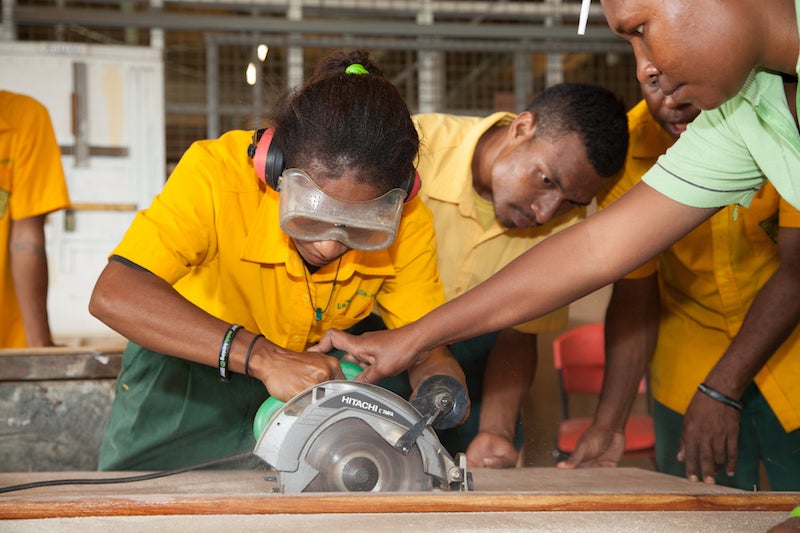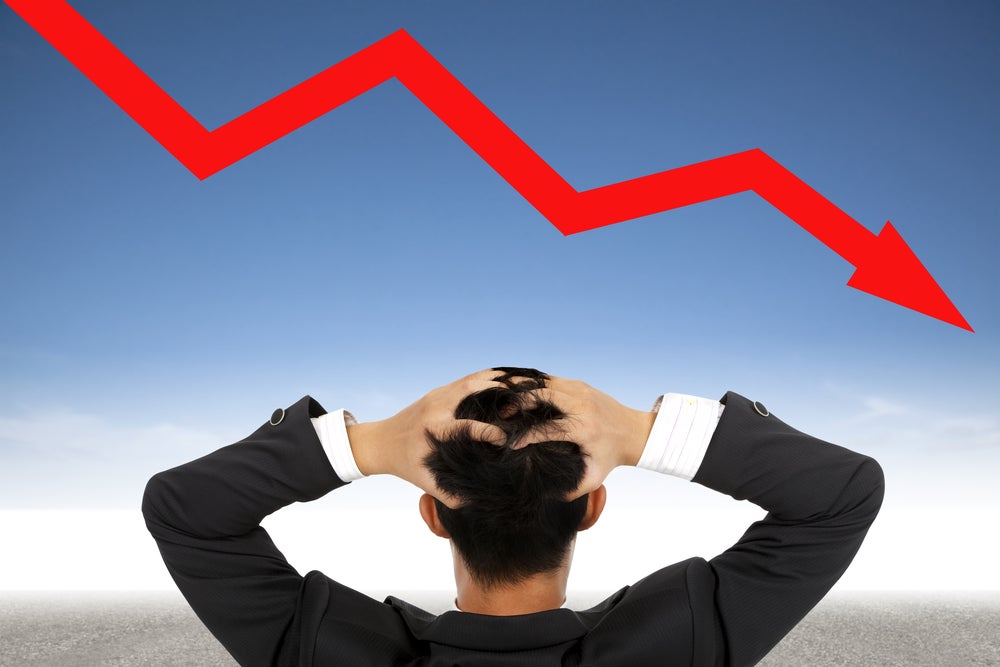Most young people entering the job market this year in Latin America and the Caribbean face a hard road ahead. If they get a job at all, they will not get work in what is known as the formal sector, consisting of established firms that abide by labor laws and provide benefits. Instead, they will most likely enter the informal economy, either working for themselves or for very … [Read more...] about Catching Up on Skills for the Labor Market
Slavery, Inequality and Crime
In 1851, two years before the official abolition of slavery in New Granada (now Colombia), authorities there conducted a census that was to provide the 19th century's most accurate picture of the slaveholding economy. This was a snapshot of sugar, cotton, and tobacco plantations, gold mines and numerous slaves. Today, in a testimony to the lingering effects of slavery, that … [Read more...] about Slavery, Inequality and Crime
The Cost of Murder in Latin America and the Caribbean
The most recent ranking of the world's deadliest cities makes for depressing reading. The report, released April 5 by the Citizen's Council for Public Security and Criminal Justice, a Mexican non-governmental organization, finds that 43 of the 50 most murderous cities in 2016 are in Latin America and the Caribbean. To top that, the region encompasses all of the world's ten … [Read more...] about The Cost of Murder in Latin America and the Caribbean
Tackling the Vulnerability to Economic Crisis
For Latin Americans, there are few memories as nightmarish as the "lost decade" of the 1980s, with its flagging growth and soaring levels of foreign debt, inflation and unemployment. Today, those days are gone. Dictatorships are no longer the norm. In most of the region, governing institutions have improved, and economic policymaking is generally more responsible, with stricter … [Read more...] about Tackling the Vulnerability to Economic Crisis
When Children’s Skills Predict Their Adult Earnings
What are the critical factors that allow people to accumulate skills from childhood to adulthood? Providing the right answers to that vital question is key not only to ensuring individual well-being and prosperity. It also makes all the difference in nurturing generations that increase productivity, foster growth, and reduce poverty for Latin American and the Caribbean as a … [Read more...] about When Children’s Skills Predict Their Adult Earnings





